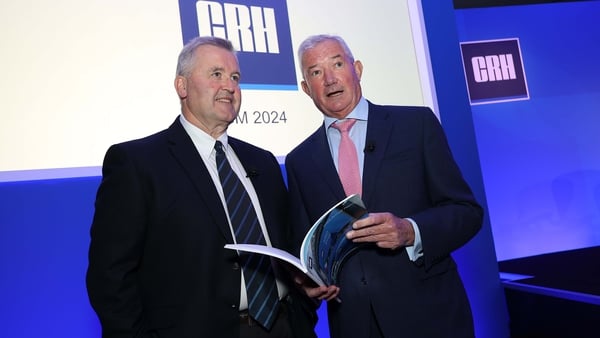The Department of Public Expenditure and Reform says that the Civil Service is committed to implementing a policy of blended working for the future that can provide flexibility to both employees and their employers.
However, in a policy statement published today, the department also says that while it will provide employees with choice and opportunity, this blended working must be delivered in a manner that supports the continued delivery of high quality services to Government, the public and business.
The framework includes common principles such as ensuring remote working arrangements in individual policies are transparent and fair and must have regard to mental health, work-life balance and the need for a safe and productive working environment.
The policies will also have to evolve to reflect new ways of working in the Civil Service.
Employees will have the right to request the option of remote working, while employers will have the right to refuse blended working arrangements and will retain the right to require employees to attend the office.
The availability and patterns of blended working will be based on business needs and the suitability of the role and of the individual doing it at any particular point in time.
"There is an expectation that office attendance will be required even for those working in a blended way, especially to support engagement, innovation and team effectiveness," the statement says.
Over time shared workspace arrangements will be part of the blended working environment and dedicated offices, desks and workspaces may no longer be provided in certain areas, the document also states.
The statement also highlights risks that may have to be overcome, including that the strengths and key characteristics of "One Civil Service" are not undermined and culture and cohesiveness are preserved at individual department level.
The framework is now to be finalised in conjunction with employee representatives before policies are tailored to the specific requirements of each department or office.
The document says that subject to public health advice, a gradual return to the office will begin in September, with a transition to longer-term blended working taking place from then until March next year.
Meanwhile, the union Fórsa has said it wants "immediate dialogue" on remote working within the public service.
Fórsa general secretary Kevin Callinan said that while the union was willing to engage with civil service management, the "initiative should be capable of rapid roll-out across the entire public service, rather than being confined to Government departments and agencies".
Mr Callinan said: "We have waited a long time for this development and we now need immediate discussions to agree the detail, build on the momentum of the past 18 months, and agree a framework fit to be rolled out across the public service.






